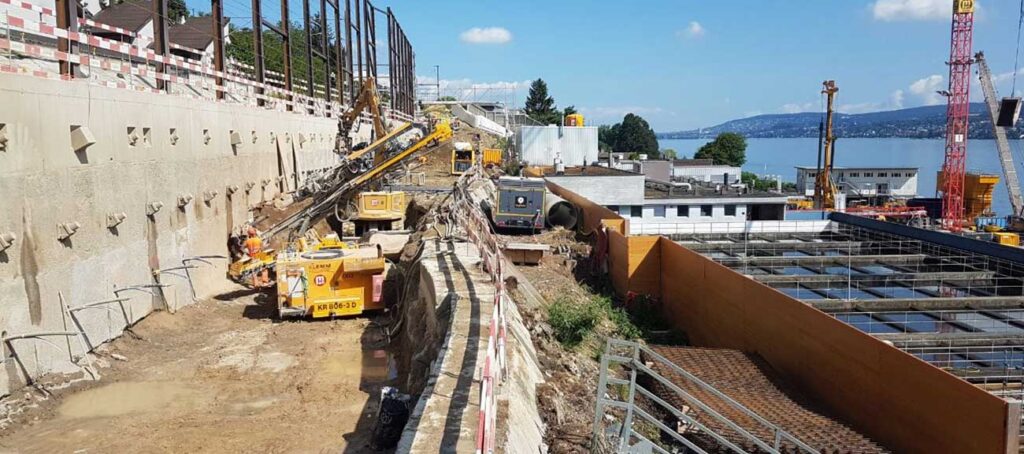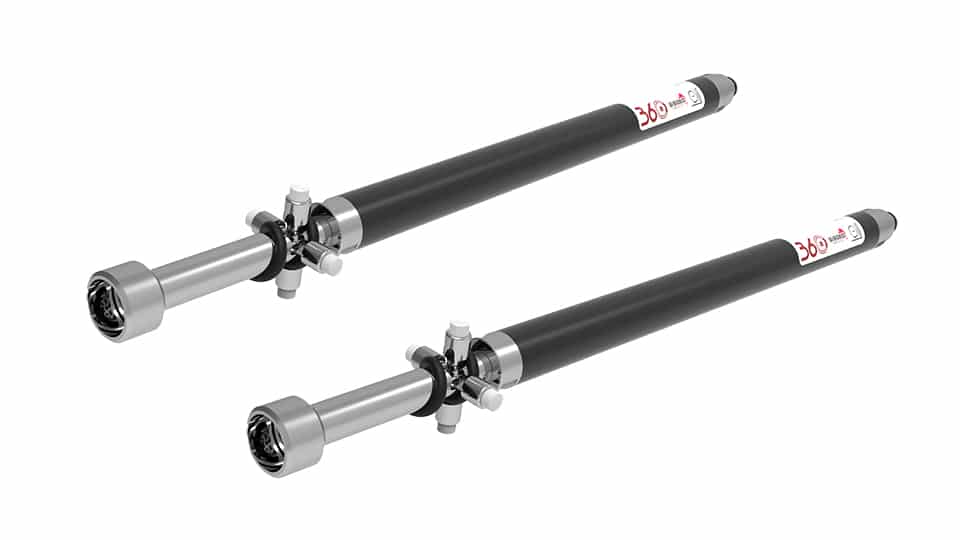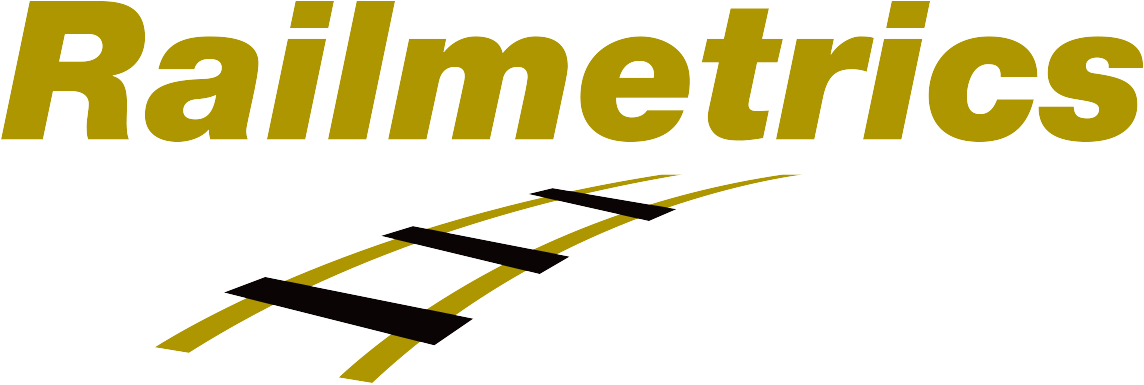Impianto di trattamento delle acque reflue Zimmerberg

I vecchi impianti di trattamento delle acque reflue di Horgen e Thalwil, situati vicino a Zurigo, in Svizzera, necessitano di un’ampia ristrutturazione per migliorare la loro efficienza di pulizia. I due impianti verranno quindi fusi. Il nuovo e moderno impianto di trattamento delle acque reflue di Zimmerberg (ARA) tratterà le acque reflue di 78.000 abitanti […]
MD-Profile 360° inclinometri fissi IPI

Codici di riferimento: S431HD, S432HD, S431HA, S432HA Le sonde MD-Profile 360° sono state progettate per essere installate in catena continua all’interno di tubi lisci e senza scanalature. Il sistema è particolarmente adatto per applicazioni geotecniche o strutturali nelle quali è richiesta una profilazione verticale o orizzontale ad elevata precisione. Progettati per il monitoraggio geotecnico di […]
FAQ#116 – How do I configure a WR-Log digital node to read RS485 Sisgeo TIMED sensors?
Sisgeo digital instruments can operate in two powering modes: TIMED or ALWAYS-ON (for more information see F.A.Q.#094).A string of mixed instruments consisting of TIMED gauges and ALWAYS-ON gauges cannot work.The first thing to do is therefore to check that ALL connected instruments in your array are set to TIMED mode.You can check the powering mode […]
FAQ#110 – What’s the purpose of the linear and polynomial factors written in the Calibration Reports?
Utilize the Linear Sensitivity Factors (A, B) and Ploynomial Sensitivity Factors (A, B, C, D) of the Calibration Reports permit to obtain readings in engineerig units with a maximum error as for the Calibration Report. In the case of analogue gauges, the factors shall be applied on the electrical readings (i.e. mA, mV, digit, etc…) […]
FAQ#095 – How long does a chain of digital sensors take to be read?
It mainly depends from the powering mode of the gauges (refer to FAQ#094 for the description of the powering modes). AN EXAMPLE WILL BETTER CLARIFY THE ANSWER. In a batch of 240 gauges, unless otherwise requested by the Customer, the addresses are settled from #001 up to #240. In a borehole is installed a chain of 30 […]
FAQ#094 – Which are the available powering modes for SISGEO digital sensors?
All SISGEO digital gauges can be settled in two different powering mode: The STANDARD powering mode is ALWAYS ON, so unless otherwise requested by the Customer, the sensors are settled as default in ALWAYS ON.
FAQ#077 – Which are the maximum cable lengths from instrument to datalogger?
The cable lengths depend from many factors, first of all installation and cable protections (screen, earth, etc…). Assuming that instruments are installed in a workmanlike, for the maximum cable lengths should be followed the next suggestions: DIGITAL INSTRUMENTS: see FAQ#73 ANALOGUE INSTRUMENTS: see both downloadable documents.
FAQ#076 – Perchè è necessario aggiungere una resistenza di terminazione sull’ultimo sensore digitalizzato di ogni catena RS-485?
Tutti i sensori digitalizzati SISGEO (IPI, Tilmetri, H-Level, RDS ) usano il protocollo di comunicazione seriale RS-485. Il protocollo RS-485 contempla una resistenza di terminazione. Il collegamento raccomandato per una catena è il “punto-punto” (multidropped) in modalità bus (linea). Collegamenti a “stella”, ad“anello” o multipli non sono raccomandati. I datalogger SISGEO sono già predisposti con […]
FAQ#075 – What parameters are saved in SISGEO digital sensors? What information must the Customer provide when ordering?
All SISGEO digital sensors (e.g. IPI, BH Profile, MD Profile, LT Inclibus, Tilt-meter, RDS, H-Level, etc.) use the Modbus communication protocol over RS-485 serial. SISGEO digital sensors are connected to each other with a single signal cable. The parameters that are configured at the factory for each digital sensor are as follows: Upon confirmation of […]
FAQ#073 – Qual è il numero massimo di sensori digitalizzati (RS-485, modbus), il numero massimo di catene e la distanza massima del cavo di collegamento in una rete RS-485?
Ultimo aggiornamento: ottobre 2021 Tutti i sensori digitalizzati SISGEO utilizzano il una interfaccia RS485 con protocollo Modbus. 1. Il numero massimo di sensori digitalizzati in una rete RS-485 è 247 (teorico). 2. Il numero massimo di catene di sensori digitalizzati collegabili ad un Modbus master (OMNIAlog e miniOMNIAlog) è 4. 3. Per le distanze massime […]








